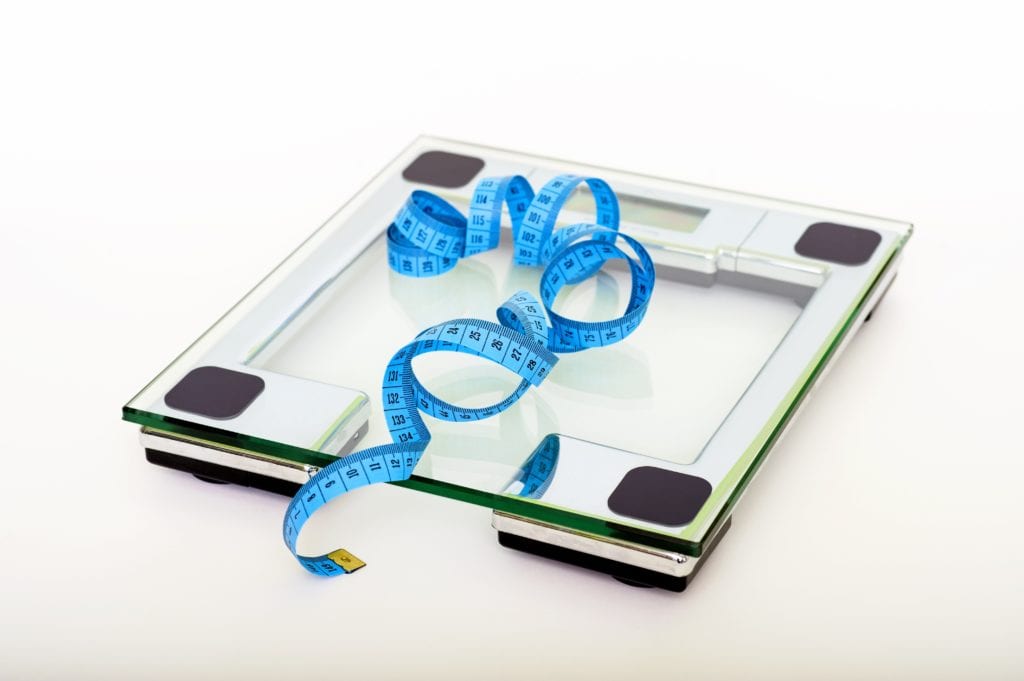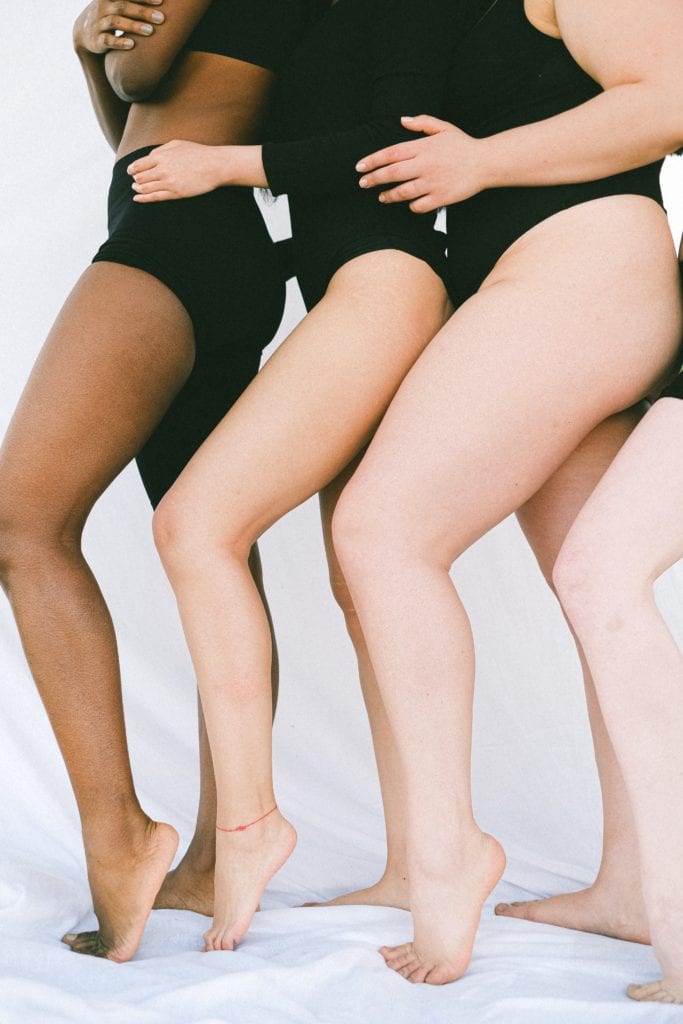It seems as though there is no shortage of advice these days on the internet about any subject you could imagine. So why is it so hard to navigate the murky waters of body image with our daughters?
Do you remember the first time you were critical of your body growing up? I’ve seen my two daughters (ages 13 and 10) begin to grapple with these issues at a far younger age than I ever thought possible. Or maybe it’s that as women we’ve been critical of our own bodies for as long as we can remember. We don’t remember when it started, we only know it’s always been that way.
 I can remember when my oldest daughter was five years old and dance costumes complete with glasses as an accessory were handed out. As the girls excitedly tried on their costumes, my daughter exclaimed, “I look amazing in these glasses!” As soon as the words left her mouth, the mother sitting next to us commented casually that my daughter sounded conceited. I was speechless in that moment, but have rehearsed retorts in my head over and over again these last eight years. This mother was likely dealing with her own image issues and as upset as I was (my daughter didn’t take notice of the comment) I think of her often. I think most often of her daughter. If this mother commented that way about the child of a stranger, what messages was she sending to her own child?
I can remember when my oldest daughter was five years old and dance costumes complete with glasses as an accessory were handed out. As the girls excitedly tried on their costumes, my daughter exclaimed, “I look amazing in these glasses!” As soon as the words left her mouth, the mother sitting next to us commented casually that my daughter sounded conceited. I was speechless in that moment, but have rehearsed retorts in my head over and over again these last eight years. This mother was likely dealing with her own image issues and as upset as I was (my daughter didn’t take notice of the comment) I think of her often. I think most often of her daughter. If this mother commented that way about the child of a stranger, what messages was she sending to her own child?
The good news is that even with unattainable beauty standards, there’s been a huge push through social media and by celebrities for body positivity – every body in every form. While you may have to root through 100 airbrushed swimsuit models to find one woman who reminds you of yourself, they exist unapologetically and their beauty is celebrated.


Every body is a beautiful body.
Yours, mine, hers, his, theirs.
It’s never okay to comment on someone’s body.
We’ve all had that moment when our pre-schooler blurts out something embarrassing about someone in public. As they age, it’s important that they know that even benign observations about someone else’s appearance are unnecessary and age appropriate reminders of this should be employed through the years so that they’re reminded as they grow and situations change.
We are more than how we look.
Beauty fades. I’ve taught my children that compliments are wonderful and make people feel nice, but let’s pay attention to how and what we praise. My tall, lithe daughter is often told she’s beautiful, but she’s also incredibly smart and a talented artist and those things are far more important to her sense of self worth.
Celebrate what your body can do!
A friend recently mentioned that her pre-school aged daughter was upset that someone told her she had a big belly. It’s so sad that such tiny humans are faced with these things, but it’s important for her to know that she’s perfect as she is (not despite any part of her) and that her body can do amazing things. There are age appropriate versions of these conversations – you might tell your pre-schooler that big tummies are great because they hold food that makes us strong and gives us energy! As girls get older you can frame things differently. Your legs may be bigger than that of a ballerina, but they’re strong and make you an excellent athlete.
There’s truly no right way to do this. We are all just figuring it out as we go. Start by being kind to yourself, Mama. You’d be surprised at how an off-handed comment you make about your own body can become the inner dialogue your daughter adopts into adulthood. Our bodies are amazing. They can do amazing things. And we are so much more than simply how we look.
















